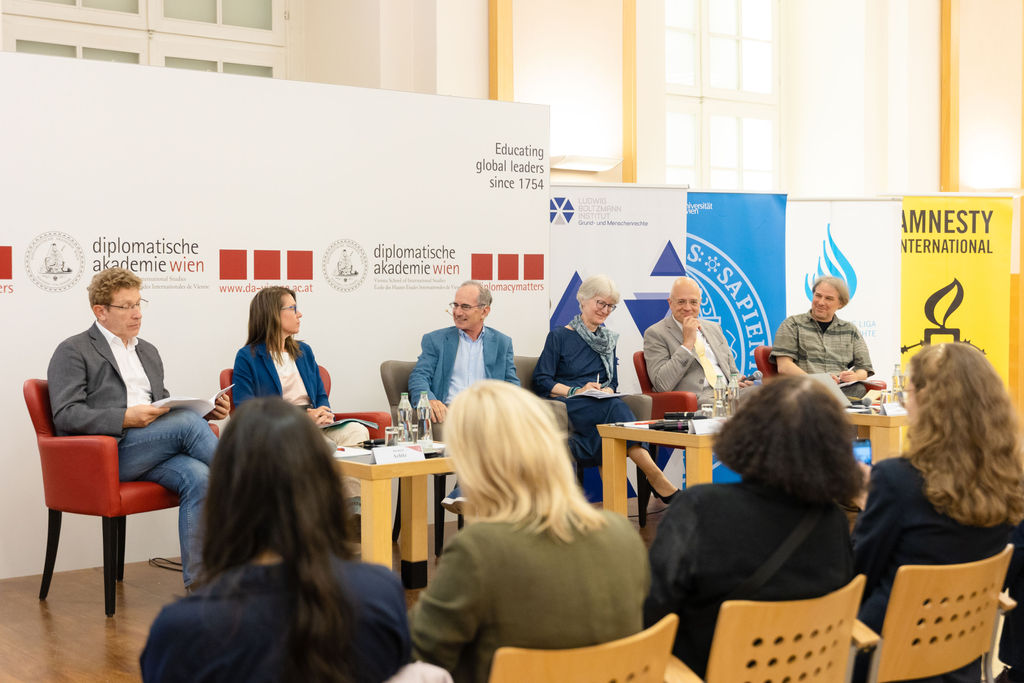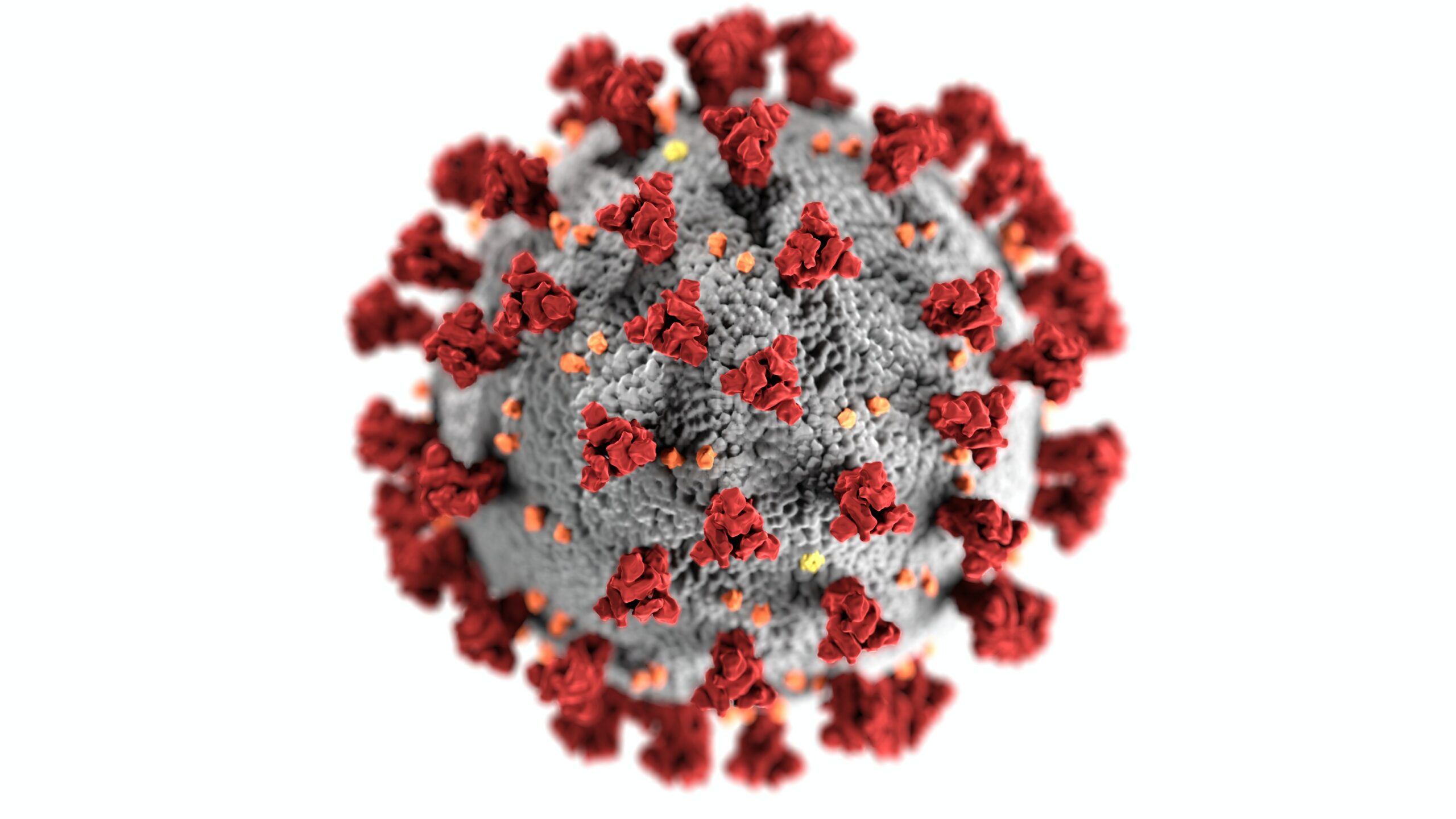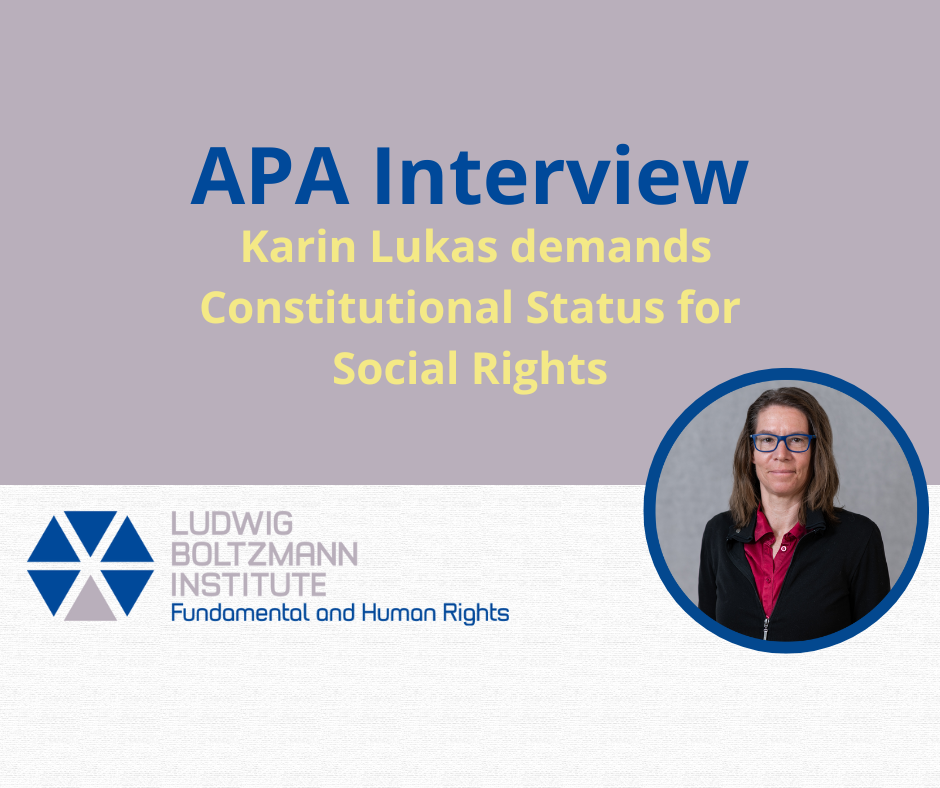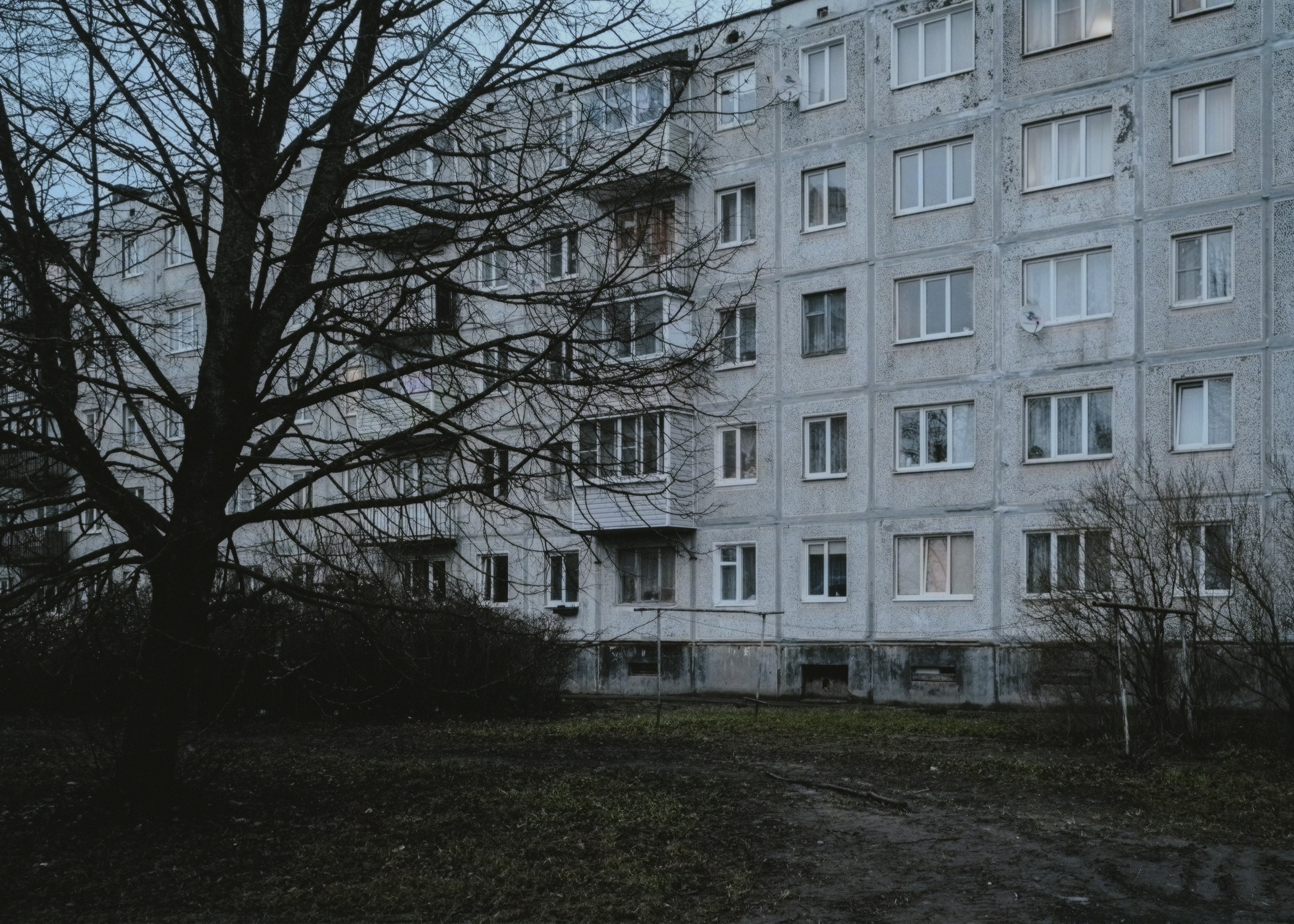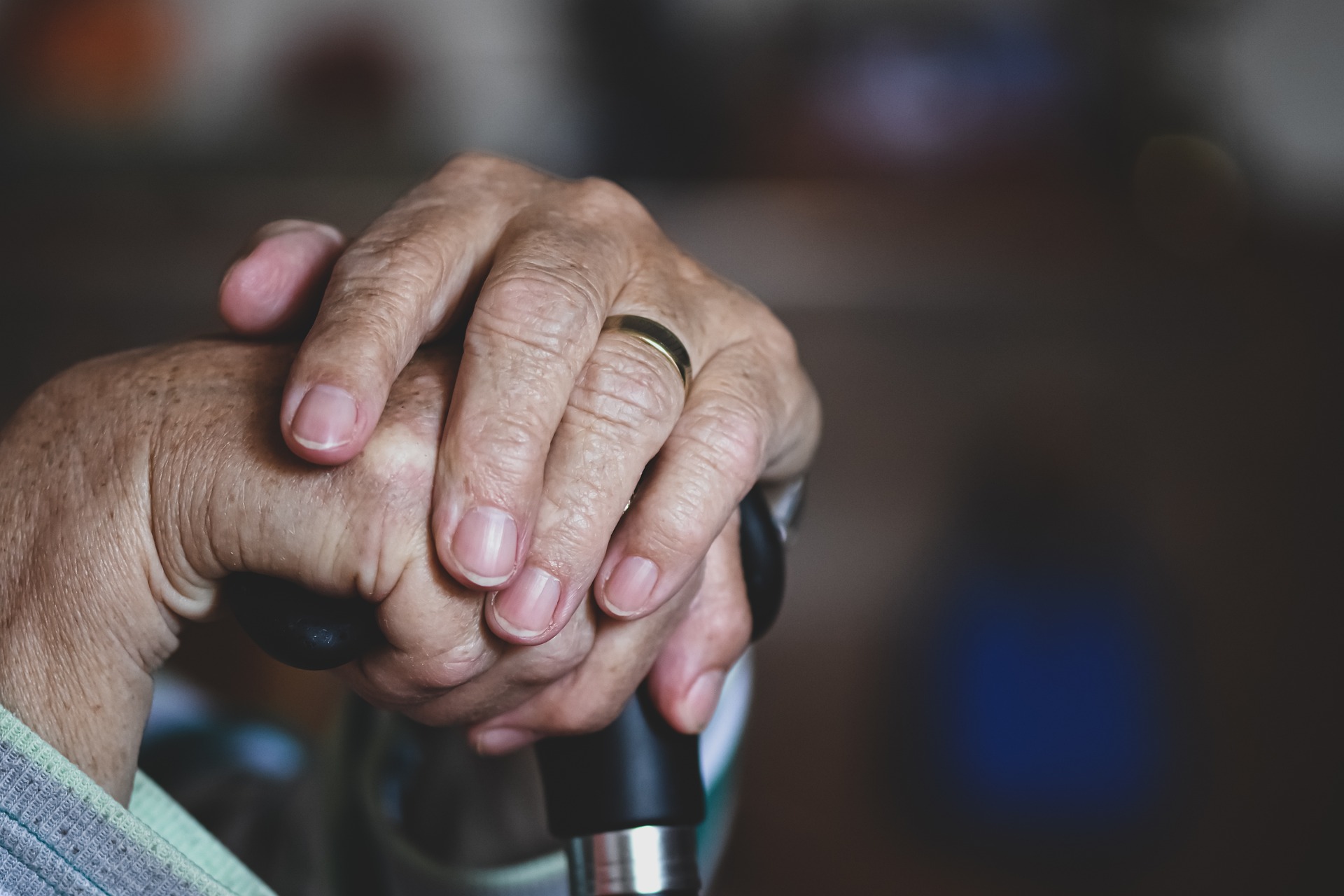Social Justice for Disadvantaged Persons
About the Programme Line
This program line will now be continued together with “Business and Development Cooperation” in the new program line “Sustainability, Development, Business, Social”.
Disadvantaged groups of people often have limited access to their (social) rights due to structural barriers and social exclusion mechanisms. These groups include a.o.:
- women
- ethnic minorities
- people with disabilities
- refugees
- migrants
Intersecting social identities (gender, disability, nationality, language, age, etc.) can also lead to multiple experiences of discrimination. Our intersectional research approach takes into account these overlaps.
Through its research activities, our program line uncovers the root causes of social inequalities and generates evidence-based data for political decision-makers.
Focus Areas
Although social rights are a pillar of democracy and the rule of law, they are still often considered as non-justiciable “secondary rights”.
The research work of our program line contributes to demystifying social rights. In doing so, we can build on many years of experience, particularly in the implementation of the European Social Charter (ESC). As the most important human rights treaty for social rights in Europe, it has been ratified by 43 European countries.
For many years, we have focused particularly on the rights of women and people with disabilities. Our main attention in this area is on violence prevention and access to support structures.
Scientific Approach
Our program line works to uncover structural frameworks that form the basis for violence, discrimination and exclusion. At the same time, we take a participatory approach to strengthen the rights of those who can hardly raise their voices. We contribute to the implementation of social rights in Europe – among other things, by examining state reports and complaints from trade unions, employers’ organizations and NGOs in the European Committee of Social Rights, the monitoring body of the ESC.
To gain insights into the living conditions of people exposed to violence and discrimination, we use participatory qualitative research methods such as focus group discussions and interviews.
In addition to our research, we also provide practical tools such as social justice training.
Goals and Achievements
Several studies in the field of disability rights confirmed (at national and EU level) that people with disabilities are at higher risk of experiencing violence and abuse compared to people without disabilities.
With its research and application projects, our program line triggers important societal developments towards more social justice.

